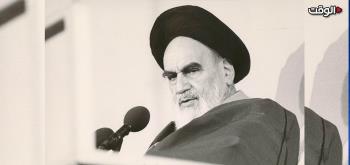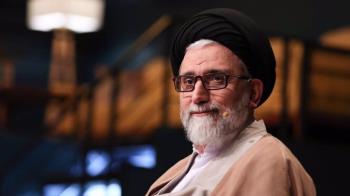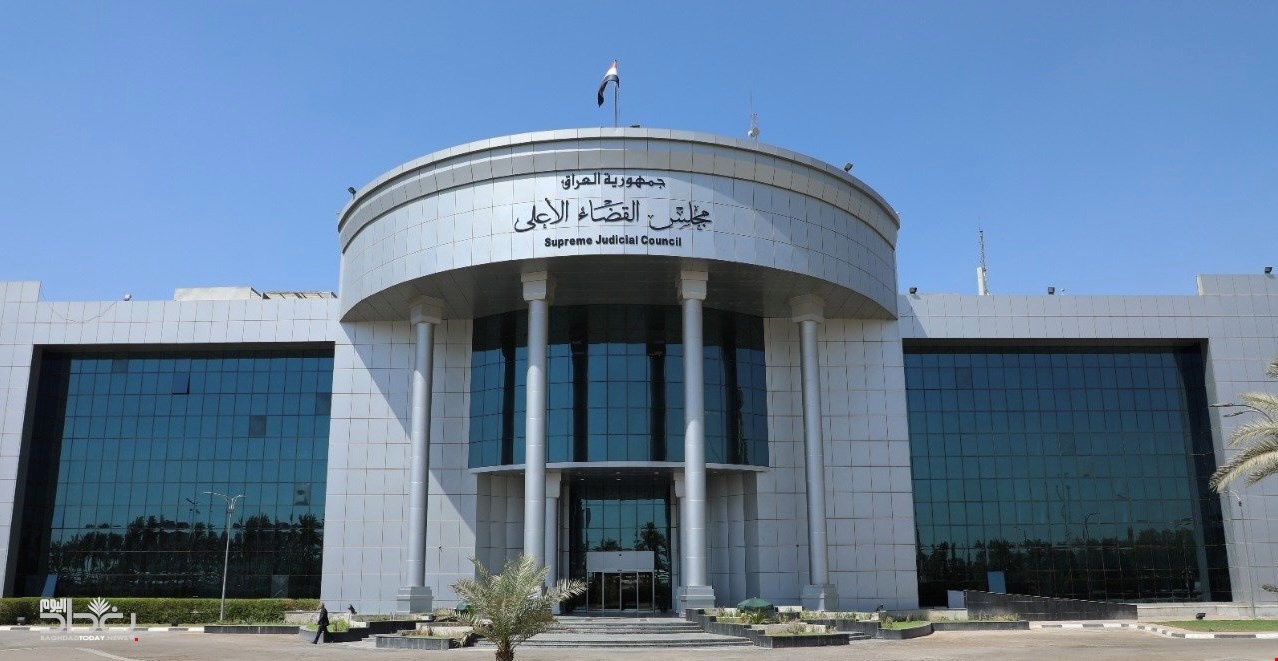Alwaght- In Recent weeks, differences between Kurdistan Regional Government (KRG) and central Iraqi government have once again made headlines. One of the most important sources of tensions that these days is making a controversy is the salary payment of the employees of the Kurdistan region that has triggered an economic crisis and severe public discontent.
The regional government in Erbil has recently threatened that if the federal government continues to cut off salaries of Kurdistan employees and breach its financial obligations, it will file a lawsuit with Federal Court against the prime minister and the ministry of finance.
This stance by Erbil was taken in response to a letter from the Iraqi Minister of Finance Tayyip Sami on May 28, which stated that the ministry could no longer continue to pay the region's share of the state budget, as the region had exceeded the legal ceiling for its share (12.67 percent).
Responding to Baghdad, Kurdistan's Ministry of Finance said in a statement that determining the autonomous region’s share based on expenditures is unconstitutional and that the region’s share should be determined based on actual federal revenues, not region's spending.
However, Baghdad continues to accuse Erbil of financial lack of transparency, saying that from 2023 to April 2025, the region earned about 19.9 trillion dinars ($15.2 billion) from oil and non-oil revenues but only deposited 598.5 billion dinar ($457.4 million) into the federal government’s account.
However, according to Iraqi media reports, in order to contain the crisis, the federal government was expected to send a financial advance to Kurdistan in the coming days to pay employees’ salaries before Eid al-Adha, but this measure, if implemented, will also act as a palliative and cannot end the dispute forever.
According to the Iraqi constitution, specifically Article 121, Kurdistan region is recognized as a federal region with autonomous powers that can manage its internal affairs, such as local administration and resources. However, Article 112 assigns responsibility for managing oil and gas resources to the federal government, and oil revenues must be shared equitably among all regions.
Deep-rooted Baghdad-Erbil differences
The salary payment crisis in fact has its roots in legal and structural differences between Erbil and Baghdad about the way of management of the energy and natural resources and the authority to conclude foreign deals. This difference stems from various interpretations of the constitution. Diplomatic efforts have been made to settle the dispute over years, but not only have they failed to reach a solution, but also recently a new twist has been added to the dispute.
Last month, Erbil government announced that it had signed contracts with several large American companies to invest in two gas fields, Miran and Topkhane-Kardamir. This gas agreement, which was signed without the coordination and consent of Baghdad, derailed previous negotiations. The KRG argues that it has the right to sign contracts directly with foreign companies, while the federal government considers it a violation of the constitution and laws of the country.
Since 2020, the federal government has repeatedly suspended or conditioned the payment of the region's budget share due to Erbil's failure to comply with its oil obligations. According to the Iraqi budget law, Kurdistan is obliged to sell 400,000 barrels of oil per day through the national Iraqi company, SOMO, and deposit its revenue into the central government treasury, but so far it has been negligent in this regard, with Erbil officials blaming Baghdad. Therefore, the Ministry of Natural Resources of Kurdistan region accused Baghdad of a “policy of starving” the citizens of Kurdistan and claimed that despite delivering more than 11 million barrels of oil to the federal government, it has not received a single dinar in return. According to Erbil, this action is a clear violation of Baghdad’s financial agreements and obligations. Erbil emphasized that since April 4, 2023, an agreement was reached with the ministry of oil to resume exports, but it has not been implemented by Baghdad.
Erbil officials accuse the centeral government of failing to provide the necessary infrastructure to implement the law. Shafaq News quoted Kurdish political analyst Mohammad Zangeneh as saying that Baghdad told Erbil that federal oil storages have the capacity to store only 80,000 oil barrels and even for this no money is paid to Erbil and no agreement has been reached over the price.
These accusations by Erbil come despite documents presented by the parliament proving otherwise. In this regard, documents released by Dara Sekanyani, a representative of the Kurdistan Islamic Union faction in the Iraqi parliament, show that the federal government has provided more than $12 billion to the Kurdistan Region between 2023 and 2025, despite the fact that the region has not reported any share of oil revenues.
Erbil and the bigger challenge of pre-selling oil
The new round of the disputes between Erbil and Baghdad over oil revenues comes as Erbil is facing the big crisis of foreign debts caused by the pre-selling oil to foreign buyers.
In fact, even if the regional government were able to find a mechanism to resolve the budget issue with the central government, it would still not be able to deliver oil to Baghdad for many years to come, due to the pre-sale of a large part of its oil.
The Mediterranean Institute report shows that in 2025, the KRG faces significant financial challenges, with its total debt estimated at around $33 billion. Although precise information on the amount of the region’s debt to foreign banks is limited, according to available data, the region received loans worth 2.607 trillion Iraqi dinars (around $2 billion) from state and commercial banks between 2023 and April 2025. Therefore, a large part of the region’s external debt is likely to arise from mechanisms such as oil advance contracts, deferred payments to international service companies, and other non-traditional financing methods.
But that is not all, and Erbil is also facing the challenge of domestic payments in addition to external debts. According to Kurd Press, the total accumulated debts related to salary arrears of Kurdistan Region employees in the seventh cabinet of Masrour Barzani's government and the eighth cabinet of Nechirvan Barzani's government to the employees of the Kurdistan region is about 24 trillion dinars ($18.3 billion).
The central government also believes that the Erbil must first adhere to its legal obligations regarding oil delivery in order to be entitled to receive the budget.
Central government argues that the KRG should first meet its legal obligations before being eligible to receive budget.
This makes Erbil face severe liquidity shortage and run into difficulty paying its employees salaries on time. Reports indicate that some employees have not received their salaries for months, an issue that has pushed public discontent to its highest level in a decade. The increase in criticism in the public and social media against the ruling parties (especially the Kurdistan Democratic Party and the Kurdistan Patriotic Union) reflects this change in approach. Many public sector employees say that if the energy sales are handed over to the central government, they can at least receive their salaries regularly and transparently, something showing drop in Erbil’s legitimacy among the people.
KRG sets hopes on the US support
The fact that Erbil has once again resorted to suing the central government despite its loss in domestic and international courts seems to be driven by a hope for the US support. The signing of new gas contracts with American companies and the support of some American politicians for the Kurdistan's energy independence seem to be part of this strategy.
Since Iraq's oil revenues are held in bank accounts in the US and distributed from there, Erbil believes that Washington can use financial pressure to force the central government to pay its share of the region's budget. However, analysts believe that Washington is unable to intervene directly for legal, political and strategic reasons.
Washington is concerned that any instrumental use of Iraqi financial resources could upset the balance of power in Baghdad and lead to increased internal tensions. Also, interfering in the revenue distribution mechanism could expose the US to accusations of bias. While international support can create diplomatic pressure, it is no guarantee of legal success in court against Baghdad, where the constitution and budget laws are the yardstick.
However, some Iraqi officials hope that a solution to end the crisis can be found. In this regard, Mukhtar al-Musawi, a representative and member of the Badr Organization, predicted that the two sides would reach an agreement to settle the row, but he believes that it is not right to put pressure on the federal government every time the region faces a cash shortage; rather, Erbil should manage matters based on its own budget.
In general, in its confrontation of Baghdad on oil and gas, especially in internal official and legal institutions, Erbil faces the weakness of legal instruments, limited political pressure, and its record of non-conformity to federal laws. This cuts low its chances of success in its legal battle against the central government. The fact is that the Kurdistan region's financial crisis has its roots in corrupt structure and non-transparent management of sources. Actually, without fundamental reforms, no foreign pressure or legal agreement can save Erbil from this predicament. Some observers suggest that the decline of the Kurdistan region's economic independence has begun, and if the crisis continues, the transfer of key powers to the central government, including in the energy sector, under pressure of people, will become more likely than ever.



























